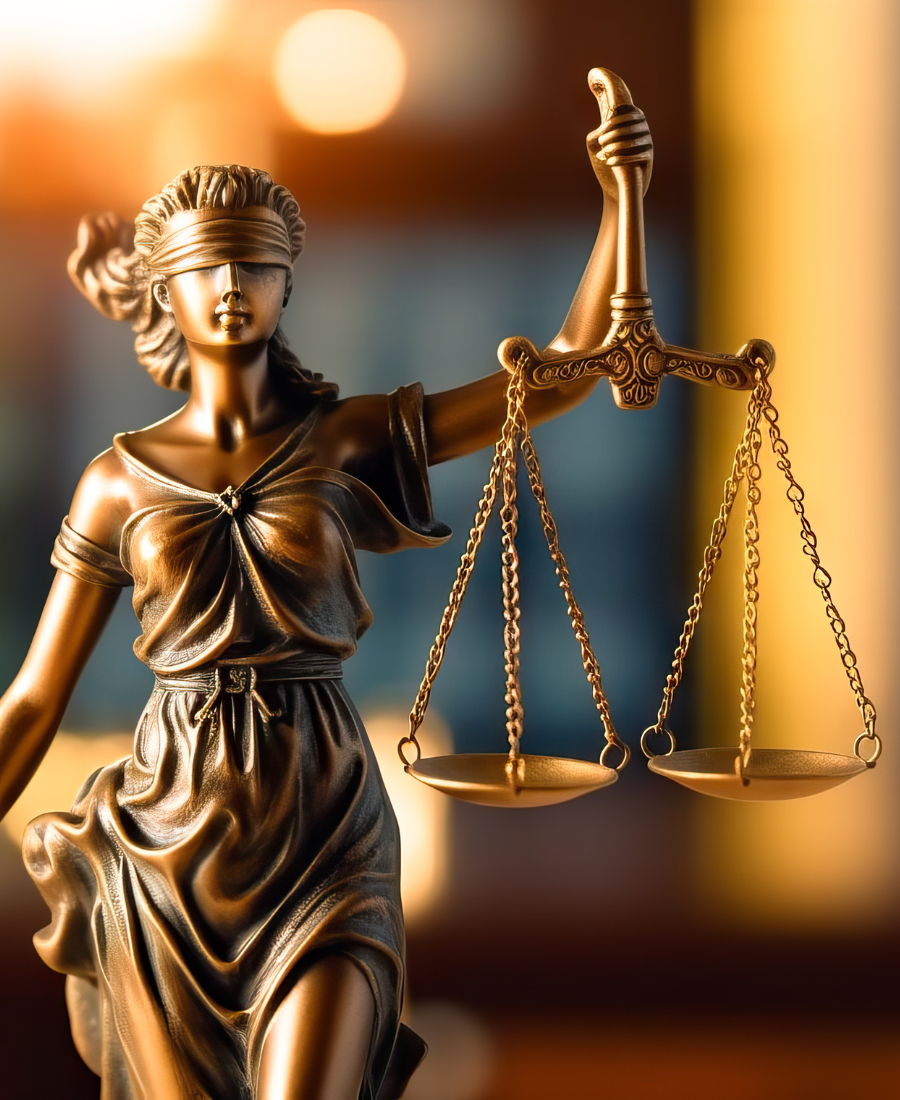Trust and Justice.
Both are at the core
of what we do.
We are front sight focused on you and your complex legal problems. Skill and expertise. Heart and soul. Solid connections with our clients. Focusing on you, we stand ready to tackle your problem today. Contact us today to begin.
about shining & park law
Supporting Clients With Fierce Passion
Carolin Shining and Brian Dae Park rely on decades of experience to support you when you need it most. We stand strong against harassment and abuse in the workplace when people in positions of power take advantage of those who trusted them. We fight for the elderly and the disabled. We stand up for those in conservatorships or trust litigation by doing what’s right for those who need protection the most. We then finish the job by ensuring that plans are made for the future beyond litigation for you and your loved ones.


Decide with Confidence
Maya Angelou once said that “[h]aving courage does not mean that we are unafraid. Having courage and showing courage means we face our fears. We are able to say, 'I have fallen, but I will get up.” At Shining & Park Law, we give you both courage and trauma-informed support as fight for justice together. Our passion is to provide you with the courage you need so we can stand up together to do justice. Let’s get going together, now!
Our Mission
You, our client, are our personal heroes.
You, our client, are the reason we get up in the morning.
You, our client, motivate us every day to fight the noble fight for justice for you.
Our creed is to go above and beyond to respect and honor the pain, and damage you have endured, and win the justice you deserve.

Areas of Practice
- Employment Law for employees and the disabled
- LBGTQ+ and gender discrimination cases
- Sexual abuse cases brought for those injured by persons in positions of power
- Consumer fraud and PAGA class actions
- Wills and Trusts
- Probate, trust and conservatorship litigation
- Judgment Enforcement for plaintiffs
Reach Out Now
Thank you for your interest in Shining & Park Law. Please feel free to reach out to us using the following contact information:
- 475 Washington Boulevard, Marina del Rey, CA 90292
- Offices also in Diamond Bar by Appointment
- 310-439-3714
- [email protected]
